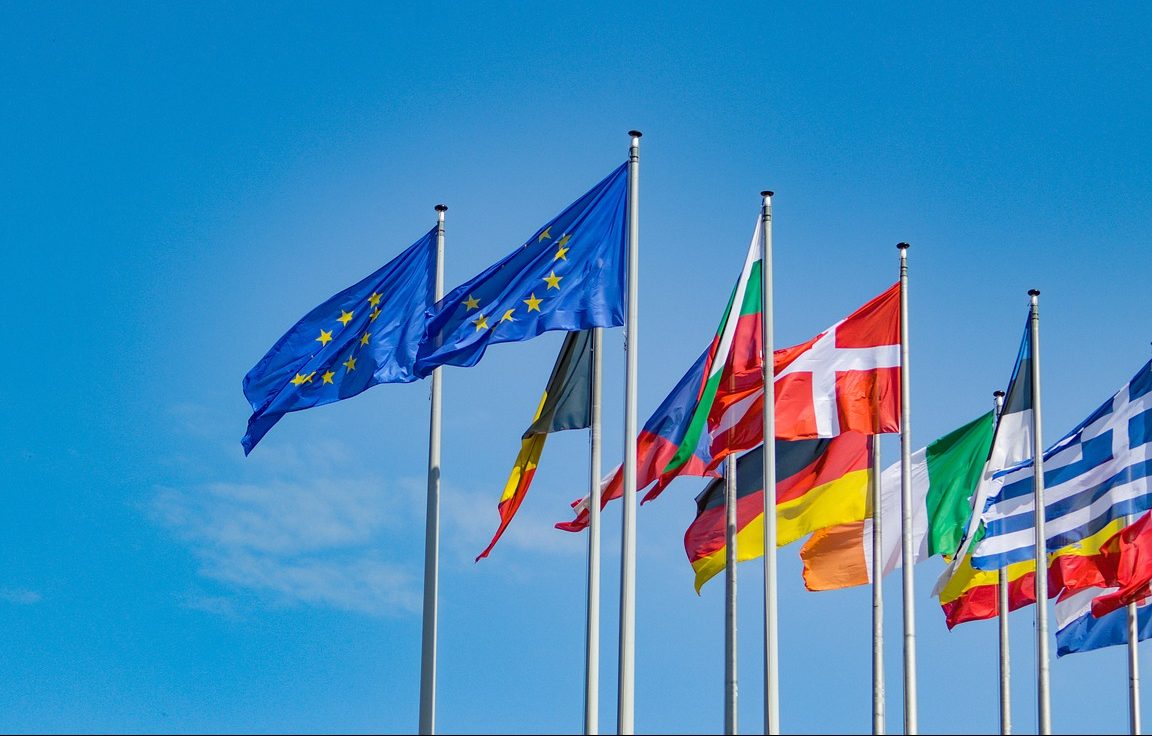
Despite full EU membership Romania has not settled its obligations towards its Hungarian minority communityContinue reading

The Council of EU interior ministers on Thursday approved Croatia’s accession to the Schengen area, but no decision was taken on when Bulgaria and Romania will join the international zone.
Under the decision, checks at internal land and sea borders between Croatia and other Schengen area countries will be abolished from 1 January 2023. Checks at internal air borders will be lifted from 26 March 2023.
However, the Council has still not approved the Schengen accession applications of Romania and Bulgaria. The Netherlands supported Romania’s application, but rejected Bulgaria’s because the Dutch government has concerns about the fight against corruption and the rule of law. Austria, on the other hand has indicated that it will not support the accession of either Romania or Bulgaria because it would force it to tighten its own border controls due to an expected rise in illegal migration.

Photo: Facebook Karl Nehammer
Austria’s concerns are not without foundation, as both countries are major staging-points for illegal migration into Europe, and citizens of both figure high on the list of persons convicted of people smuggling. Although the Hungarian government, known for its tough stance on illegal migration, has supported Romania and Bulgaria joining the Schengen zone,
the Austrian government feared that by abolishing border checks with Romania in particular would mean a significantly increased influx of illegal migrants to the EU.
Romanian Prime Minister Nicolae Ciuca reacted in a televised statement to the rejection by the European Union’s Justice and Home Affairs Council regarding Austria’s veto. He said “today’s decision is undeserved, we regret it, but it motivates us to continue our efforts”.
He expressed his deep disappointment at the lack of consensus on Schengen enlargement. He thanked the European Commission, the European Parliament and all the partners who supported Romania’s accession and sought solutions. He said that Austria was the only country to reject Romania’s accession.
“We have acknowledged the difficulties of the states that are under migratory pressure, we have always been in solidarity with them and have been active in seeking EU solutions to the problems. We have made concrete proposals to our partners and worked intensively with the European Commission to solve the difficulties. We regret and sincerely do not understand Austria’s intransigent position,” the Prime Minister said.
In a statement, President Klaus Iohannis called the decision unfair. “It is feared that Austria’s unjustified and regrettable attitude at today’s meeting will undermine the European unity and cohesion that is so desperately needed in the current geopolitical situation”, the President stressed.
Hungarian Foreign Minister Péter Szijjártó reacted by writing:
Where are the professional squawkers, the MEPs concerned about EU unity, the MEPs who want to abolish unanimity, the whining journalists of the liberal mainstream, the bureaucrats in Brussels, the ministers in the liberal governments?
Let us compare this current silence with the din that accompanies every Hungarian national position in the Brussels debates. Once again, the liberal mainstream has exposed its immense hypocrisy: if a central European country vetoes, it is the end of the world, the destruction of European unity, and if Western Europeans veto, it is okay…”
In a Facebook post, Deputy Prime Minister Hunor Kelemen, who is also the president of the Democratic Alliance of Hungarians in Romania called the rejection a disgrace. He said that “Austria’s veto is an inappropriate, immoral, irrational, shameless political game” and that the decision “is directed against Romanian citizens and all communities living on the territory of Romania”. He said Austria’s “hypocritical decision” showed “how these common values and rules can be trampled underfoot”.
Via MTI, Featured photo: Pixabay